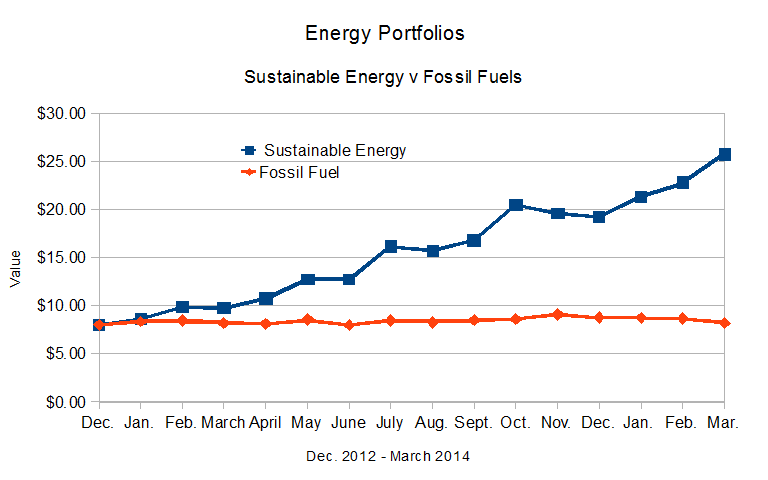
One portion of the documentary that I thought was worth noting was the mayor of Berlin being convinced to divest public money in fossil fuel companies. He was not able to make it to a conference in which activists confronted the politicians on the issue. Instead, they asked someone else of higher authority what was being done to prevent these investments or if coal and nuclear power plants were being shut down. He gave an answer that implied that Berlin was not interested in the movement. Every politician in the mayor's place said that Germany is an industrial country and jobs depend on the affordability of energy. I understand this sentiment to an extent, but it would also help if they at least made some steps toward preparing for a warmer Earth.
I really enjoyed listening to some people in the investment business talk about why they would like funding for unsustainable fuels to stop. To keep climate change under control, carbon dioxide emissions cannot exceed 225 Gigatons. This would approximately equal the 2 degree limit that we face, and it also means that about 2/3 of found fossil fuel reserves must remain untouched. Assets are being put at risk as reserves are found and the price of oil drops. Stock prices for US coal companies have already started to drop significantly as investors realize that these are stranded assets. If a cap on carbon emissions happens, we will be left with a surplus of fossil fuels, because we cannot use them. People want to get to the cheap oil now, not later. Standing on a large reserve, you would not want to wait to use it; it would make more sense for you, economically, to use it now.
Companies seem to have an immoral compass; if there is money to be made, that is where their needle will point. If the demand for greener energy is apparent, then I think you would certainly see more of a push for its abundance. But since their is still oil, there doesn't seem to be much incentive, which is a shame for those currently suffering from global warming's effects. Luckily, these groups provide some beacons of light for those not fortunate enough to do anything about the changes.

I really do believe that the reason behind most of the fossil fuel issues has always been about money. Companies are there to make money. Oil and other forms of unsustainable energy were quick ways to make huge amounts of money on a regular basis because people need it in our society. Eventually these companies become so big, they tend to have power in politics, which is why we still deal with the on going issues of trying to move to better forms of energy.
ReplyDeleteTo me, divestment seems to be an area that may be somewhat unproductive. Perhaps I do not have enough background knowledge to stat my opinion, but when we talked about the topic in class, it seemed as if divestment may be a costly process, and because of the manner of financial systems and corporations, sometimes the benefits do not out weigh the costs. It seems as if we could be using the money that is put towards divestment into areas such as preservation and methods to combat a global rise in temperature.
ReplyDeleteI love that you added that the reason the goals are financial-oriented is because it is the root of stubbornness. I absolutely think divestment is a great idea from a personal standpoint, however, I can see how it is a huge challenge politically, especially in the United States, seeing how much money oil companies are pumping into candidates and politicians funds. I think now it's about making that demand for green energy sources as well as divestment.
ReplyDeleteDivestment is an interesting tactic, but I would imagine it being a lost cause during this time. Oil stocks have dropped significantly in the past year, to persuade companies and countries to pull all investments would mean a virtual economic destruction for them. They would be losing insane amounts of money. And it doesn't look like there is going to be an significant increase in oil stock price anytime soon. It is truly a bad time to go green.
ReplyDelete